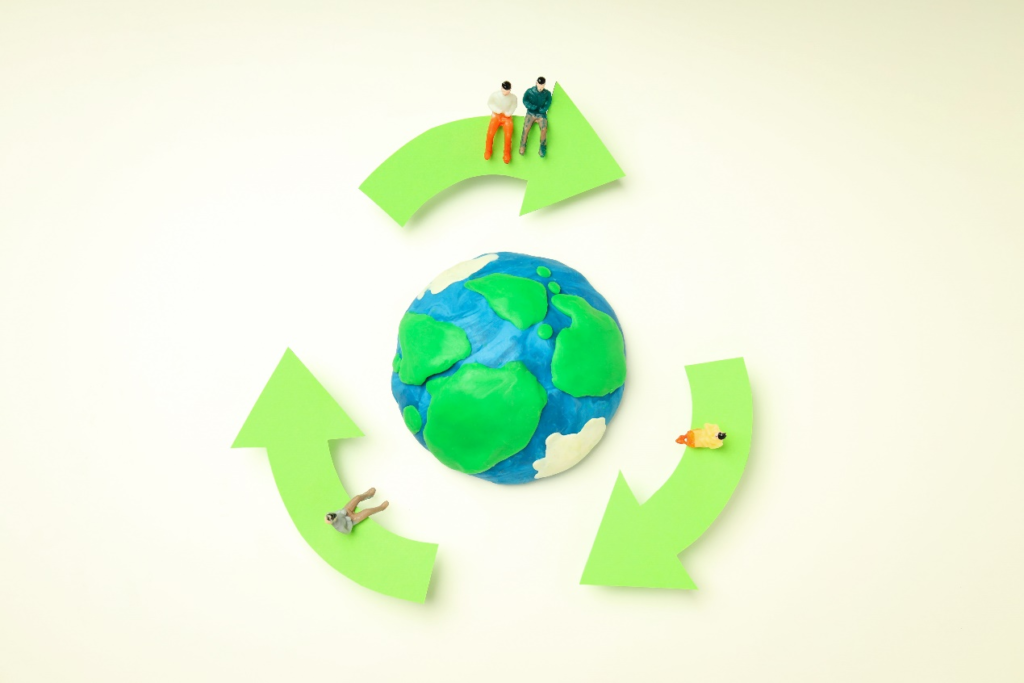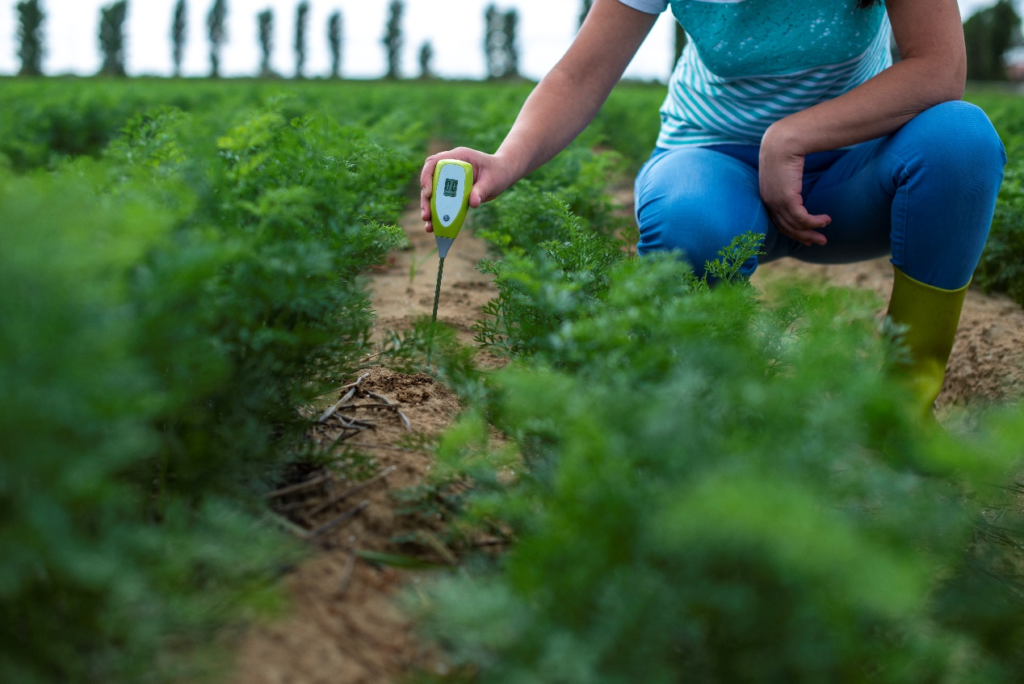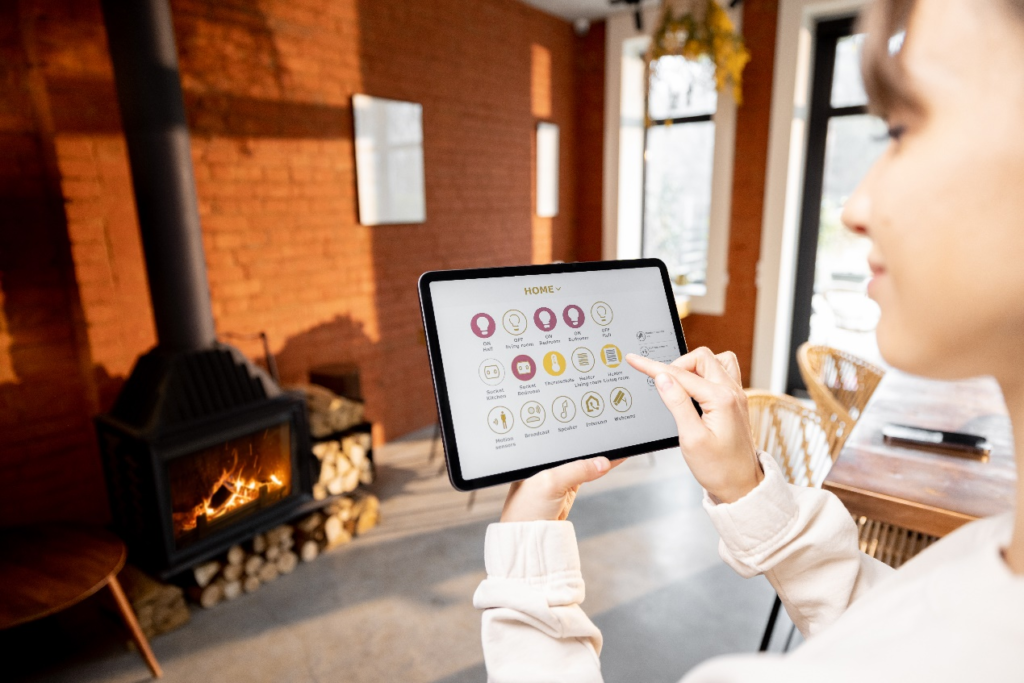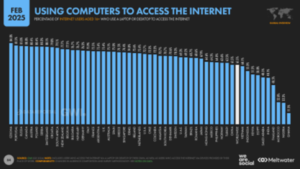Quantum Encryption
Quantum encryption utilizes the principles of quantum mechanics to provide secure communication channels that are resistant to hacking and eavesdropping. Startups are leveraging quantum encryption technologies to develop sophisticated encryption methods, quantum key distribution systems, and quantum-resistant cryptography, enhancing data privacy and cybersecurity. Here’s an analysis of the industry-specific trends, market forecasts, consumer behavior, and competitive landscapes related to Qua… To read the content, please register or login Username Password Remember Me Forgot Password
Quantum Encryption Read More »













